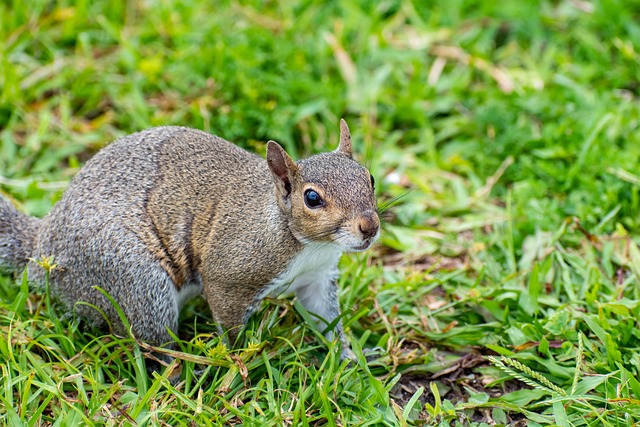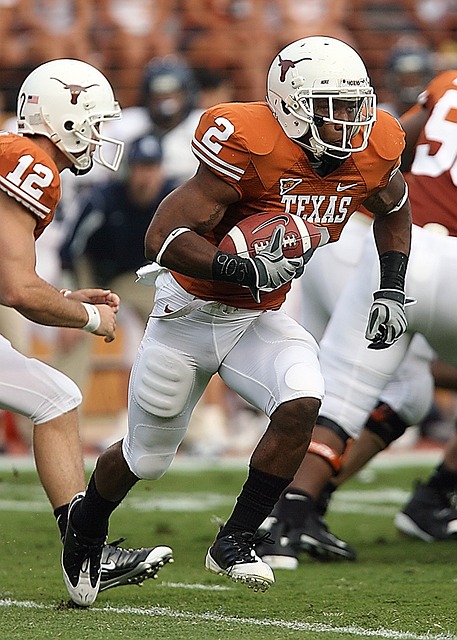jogo bicho rio janeiro 🏉 Jogo do Bicho: A Cultural Phenomenon in Rio de Janeiro

Jogo do Bicho: A Cultural Phenomenon in Rio de Janeirojogo bicho rio janeiro

In the vibrant streets of Rio de Janeiro, a unique cultural phenomenon thrives, deeply intertwined with the city’s social fabric and history: the jogo do bicho. This illegal betting game, which translates to "animal game," has captured the hearts of many locals, offering not just a chance for monetary gain but also a connection to community and tradition. Despite its informal status, the jogo do bicho is an essential part of Rio's identity, reflecting the complexities of Brazilian society.
Originating in the late 19th century, the jogo do bicho was initially conceived as a promotional strategy by a zoo owner aiming to attract visitors. He created a lottery-like game where participants would bet on the animals displayed. The simplicity of the game, combined with its whimsical nature, quickly gained popularity, evolving into a widespread betting practice. Over the years, it has morphed into a cultural institution, fostering a sense of belonging among its players.jogo bicho rio janeiro
At first glance, the jogo do bicho appears to be just another form of gambling; however, it embodies a social phenomenon that transcends mere entertainment. For many, it represents a communal space where people from varied backgrounds come together. The game is often played in informal settings, such as street corners and local bars, where camaraderie flourishes. It serves as a social glue, binding together different segments of society in shared experiences and collective hopes.jogo bicho rio janeiro

Participants typically select a number corresponding to one of the 25 designated animals, ranging from the humble rabbit to the regal elephant. The results are determined by the daily lottery draws, creating an element of suspense that enhances the overall experience. While the stakes can be high, the emotional investment often surpasses monetary concerns, as players find joy in the act of participation itself.
Despite its popularity, the jogo do bicho operates in a legal gray area. Officially outlawed in Brazil, it continues to thrive due to the demand and the enforcement challenges posed by authorities. The game's resilience speaks volumes about the socio-economic landscape of the region. Many individuals view the jogo do bicho as a potential escape from financial difficulties, providing a glimmer of hope in an often challenging economic environment.
Moreover, the jogo do bicho is not just a game of chance; it is steeped in tradition and folklore. Players often rely on superstitions and personal beliefs to guide their choices, creating a rich tapestry of stories and rituals surrounding the game. From consulting fortune tellers to interpreting dreams, the cultural significance of the jogo do bicho extends far beyond the realm of gambling, encompassing elements of spirituality and personal connection.jogo bicho rio janeiro
The presence of the jogo do bicho also raises important questions about the role of informal economies in Brazil. For many, the game provides an alternative income source, particularly in marginalized communities where formal job opportunities are scarce. This informal sector contributes to the livelihood of countless individuals, from bettors to the operators of the game. However, the lack of regulation poses risks, including exploitation and vulnerability to organized crime, highlighting the need for a nuanced understanding of the implications of such practices.
As the jogo do bicho continues to flourish in Rio, it also faces challenges. The rise of digital gambling platforms and increased law enforcement efforts have created a competitive and precarious environment for traditional betting games. Nevertheless, the jogo do bicho remains resilient, adapting to changing circumstances while maintaining its cultural significance.
In recent years, there have been discussions surrounding the legalization and regulation of the jogo do bicho. Proponents argue that formalizing the game could lead to increased revenues for the government and better protection for players. However, opponents caution that such moves may further entrench the game within criminal networks, potentially exacerbating existing issues.
In conclusion, the jogo do bicho is more than just a game of chance; it is a reflection of the socio-cultural dynamics of Rio de Janeiro. It embodies the struggles, hopes, and dreams of a diverse populace, offering insights into the complexities of Brazilian society. As the city continues to evolve, the future of the jogo do bicho remains uncertain, yet its enduring appeal highlights the profound connections that bind people together in the face of adversity. While navigating the delicate balance between legality and tradition, it is essential to approach this cultural phenomenon with care, recognizing its significance in the lives of many and the rich tapestry it weaves within the vibrant mosaic of Rio de Janeiro.
Fale conosco. Envie dúvidas, críticas ou sugestões para a nossa equipe através dos contatos abaixo:
Telefone: 0086-10-8805-0795
Email: portuguese@9099.com


